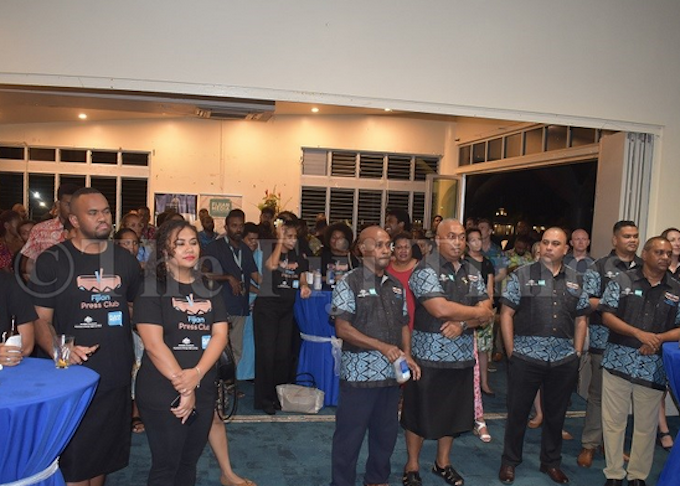
By Anish Chand in Lautoka
Fiji’s use of legislation to criminalise the work of journalists who publicise “contrary to the public or national interest” is a term that is poorly defined, says Reporters Without Borders (RSF) in its 2022 Press Freedom Index.
Fiji has dropped 47 places on the 2022 Press Freedom Index from 55 in 2021 to 102 in 2022.
The Paris-based global media freedom watchdog said journalists in Fiji continued to face the threat of heavy fines or imprisonment for publishing material “contrary to the public or national interest”.
“Journalists’ interests are represented by the Fiji Media Association (FMA), which often criticises the government’s harassment of the media,” RSF said.
“Journalists face the threat of heavy fines or imprisonment for publishing material ‘contrary to the public or national interest,’ a term that is poorly defined in the law.
“Against this backdrop, many journalists must think twice before publishing content critical of the authorities.”
RSF said press freedom in Fiji had been affected since the 2006 coup.
Some MP support for press freedom
“Some politicians, such as National Federation Party leader Professor Biman Prasad, have shown their support for a free press.”
RSF stated the Media Industry Development Act and the Media Industry Development Authority (MIDA) were directly linked to the government.
“Journalists can be jailed for up to two years for violating this law’s vaguely worded provisions.
“The sedition laws, which have repeatedly been misused against The Fiji Times, also fuel a climate of fear and self-censorship thanks to penalties of up to seven years in prison.”
RSF says authorities use “discriminatory advertising practices” by withholding advertisements and legal notices from those regarded as critical of the government.
RSF changed its system of analysis this year to include a breakdown on specific categories such as legal framework and justice system, technological censorship and surveillance, disinformation and propaganda, arbitrary detention and proceedings, independence and pluralism, models and good practices, media sustainability, and violence against journalists which partially explains Fiji’s sudden fall on the Index.
Questions sent to the Attorney-General, Aiyaz Sayed-Khaiyum, on the statements made by RSF remain unanswered.
Anish Chand is a Fiji Times journalist. Republished with permission.










































